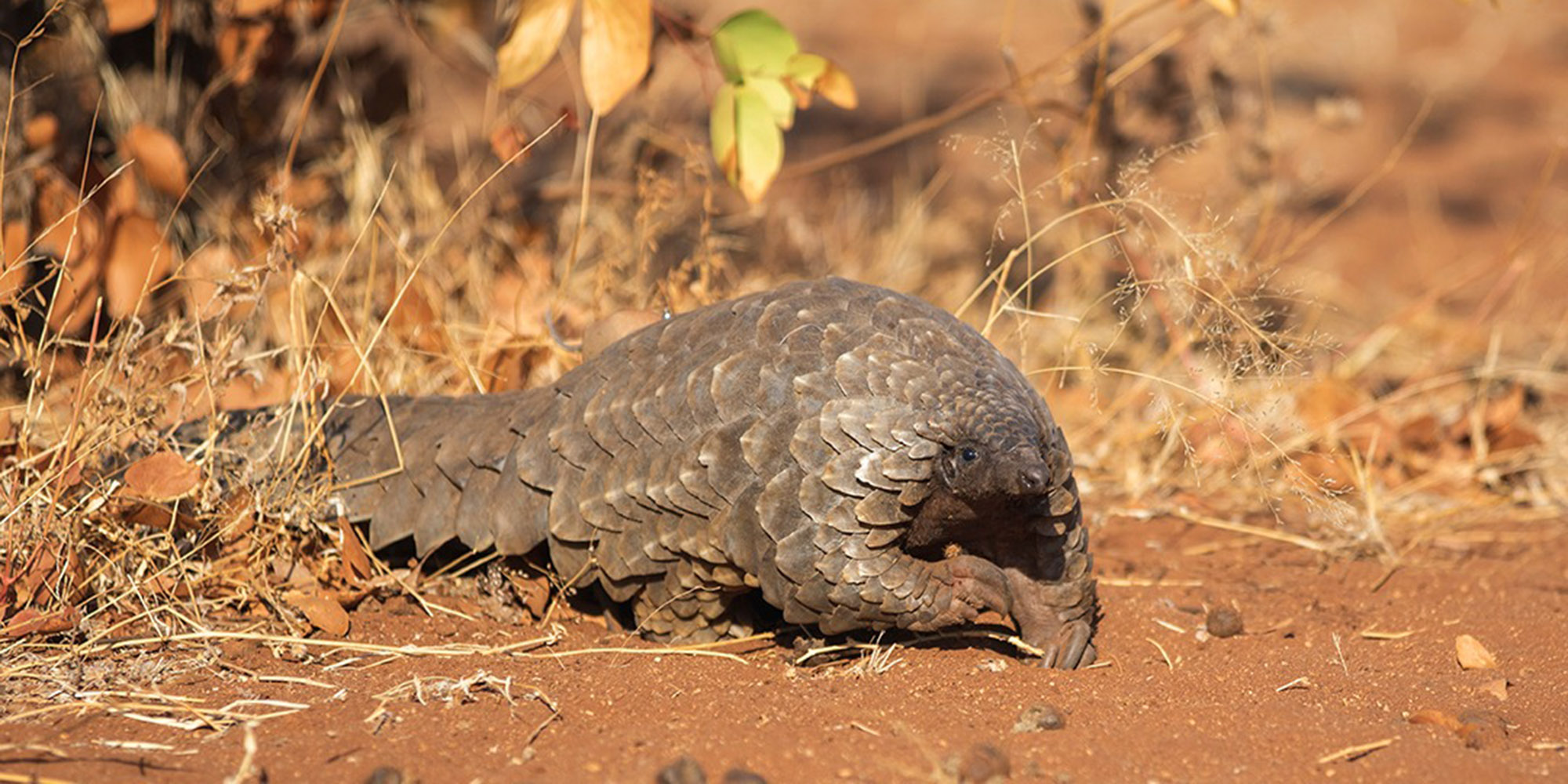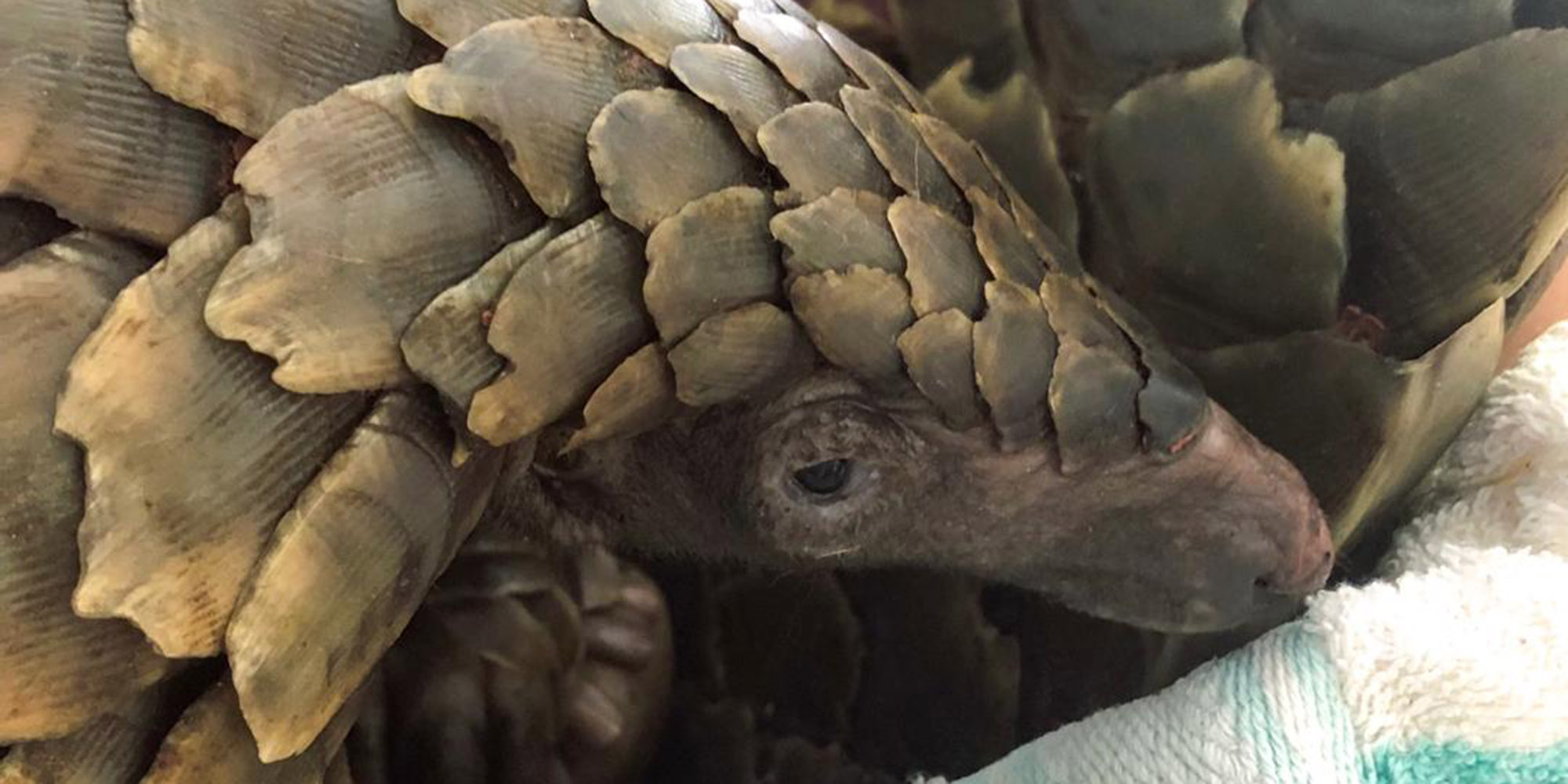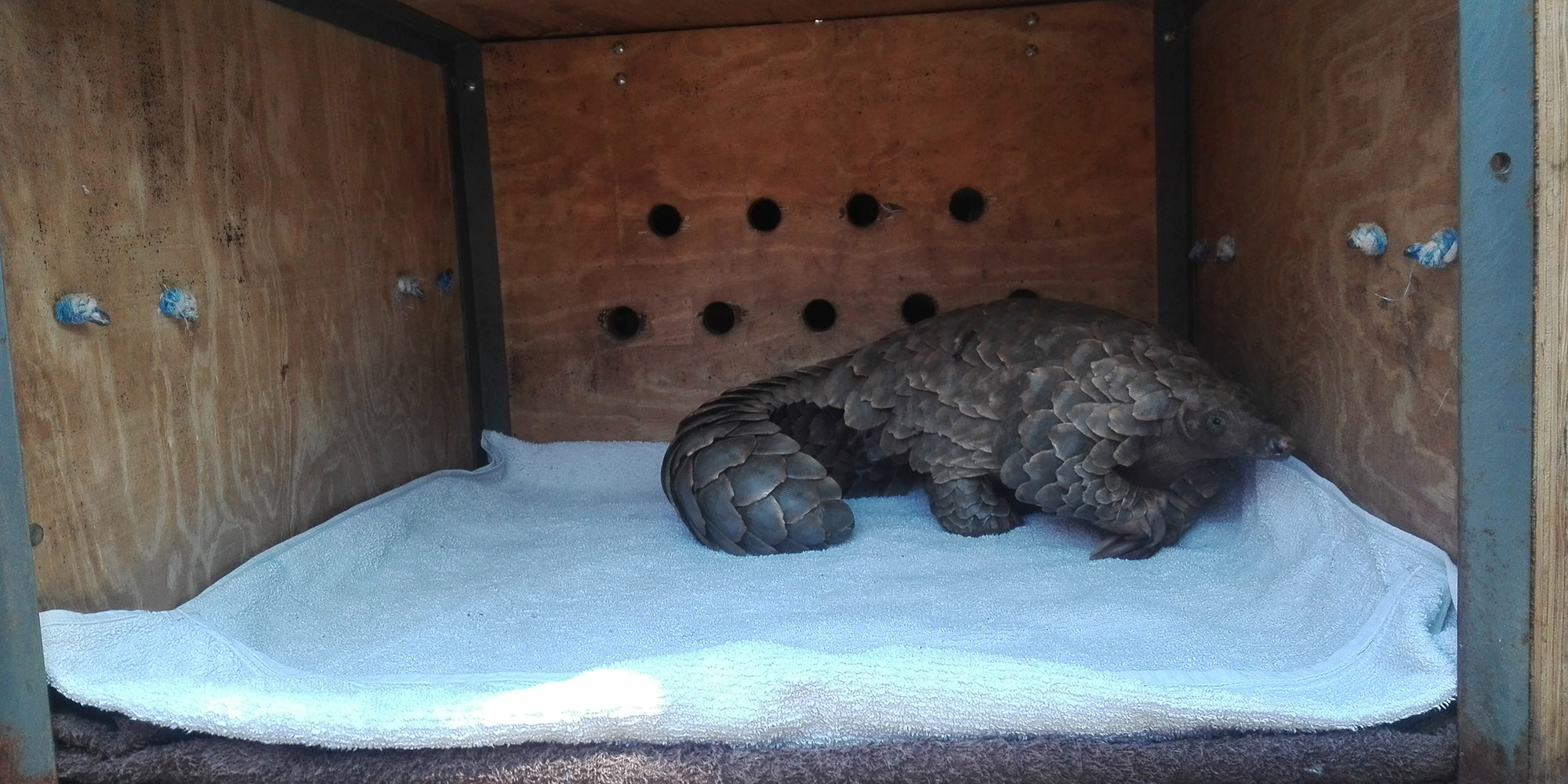Vincent Nyathi has set a precedent for pangolin poaching after he was sentenced to eight years behind bars for keeping one of the endangered mammals in a drum.
According to advocate Ansie Venter, the animal was found after authorities received a tip-off that Nyathi, 32, was keeping a live pangolin in a back room in his mother’s house.
“It was found without food or water and definitely wasn’t kept as a pet.”
Pangolins, also known as scaly anteaters, are the most heavily trafficked mammal on Earth.
Venter told the court that the animal was found standing up on its hind legs looking out of the drum when authorities entered the house and confiscated it in 2018.
Nyathi claimed he was looking after it for a friend, but was unable to name the friend when asked by Venter. During the case, Nyathi called his mother and neighbour to testify, but their testimony was too conflicting to be considered.
Nyathi, a first-time offender, pleaded not guilty, but magistrate Elmarie Theron found him guilty and sentenced him to eight years direct imprisonment.
Although the National Environmental Management: Biodiversity Act (Nemba) allows for a maximum prison sentence of 10 years, a fine of R10-million or both, to date no court has handed down a sentence longer than seven years. According to Professor Ray Jansen, founder of African Pangolin Working Group, before 2016 no jail terms had been handed down in relation to pangolin cases.
“Now we’re heading closer to the maximum jail term for pangolin poaching, which is fantastic,” Jansen told Daily Maverick.
In another “fantastic” development across the globe, China announced a change in its state insurance policy. As of January 2020, traditional Chinese medicines that contain pangolin scales will no longer be covered by China’s state insurance funds.
The announcement, made on 20 August by the National Medical Insurance and the Human Resource and Social Security Bureau, does not go into detail about what type of pangolin products will be removed from the list of medicines eligible for reimbursement from government funds.
Despite a lack of fanfare and coverage in Western media, the announcement holds significant weight. According to Jansen, the Chinese government is indirectly saying, “We hear the world, and we are not prepared to use our country’s resources in terms of funding to supplement these medicines that contain pangolin-related body parts or products.”

A Temminck’s pangolin looks at photographer Francois Meyer. Photo: African Pangolin Working Group
“Although it may not have a huge impact in reducing the demand, it has got a huge impact in terms of the Chinese government taking note that we have a problem, and this is the first step in the right direction.”
Although the trade and sale of pangolins is illegal worldwide, at least 60 different commercial medicines containing pangolin, are domestically produced in China and distributed by over 200 pharmaceutical companies.
“We can’t keep up with the insatiable demand for pangolin scales from mainland China,” said Jansen.

Mutale is treated at the Johannesburg Wildlife Veterinary Hospital by Dr Karin Lourens prior to his release just days after being rescued from a government official. Photo: Karin Lourens
Last week, a pangolin named Mutale was released into the wild after allegedly being poached by a senior Limpopo provincial official. Zwiitwaho Maphiri, the deputy director of corporate communications at the Department of Agriculture in Limpopo, was arrested on 11 August for being in possession of an endangered animal.

Mutale, a Temminck’s ground pangolin rescued by the African Pangolin Working Group, en route to being released back into the wild near the border of Botswana. Photo: Ray Jansen
He was arrested with another suspect, but later released on bail.
Jansen, who was present during the sting operation, says he uses the application True Caller on his phone and was able to identify the source of phone calls from people pretending to be journalists after Maphiri’s arrest.
“They phoned me from the Department of Agriculture in Limpopo pretending to be journalists,” Jansen told Daily Maverick. “They wanted to know what happened to the pangolin, if it was alive, what did I think would happen.”
When Daily Maverick called the Limpopo office, a departmental employee confirmed that Maphiri was back at work. DM


















 Become an Insider
Become an Insider